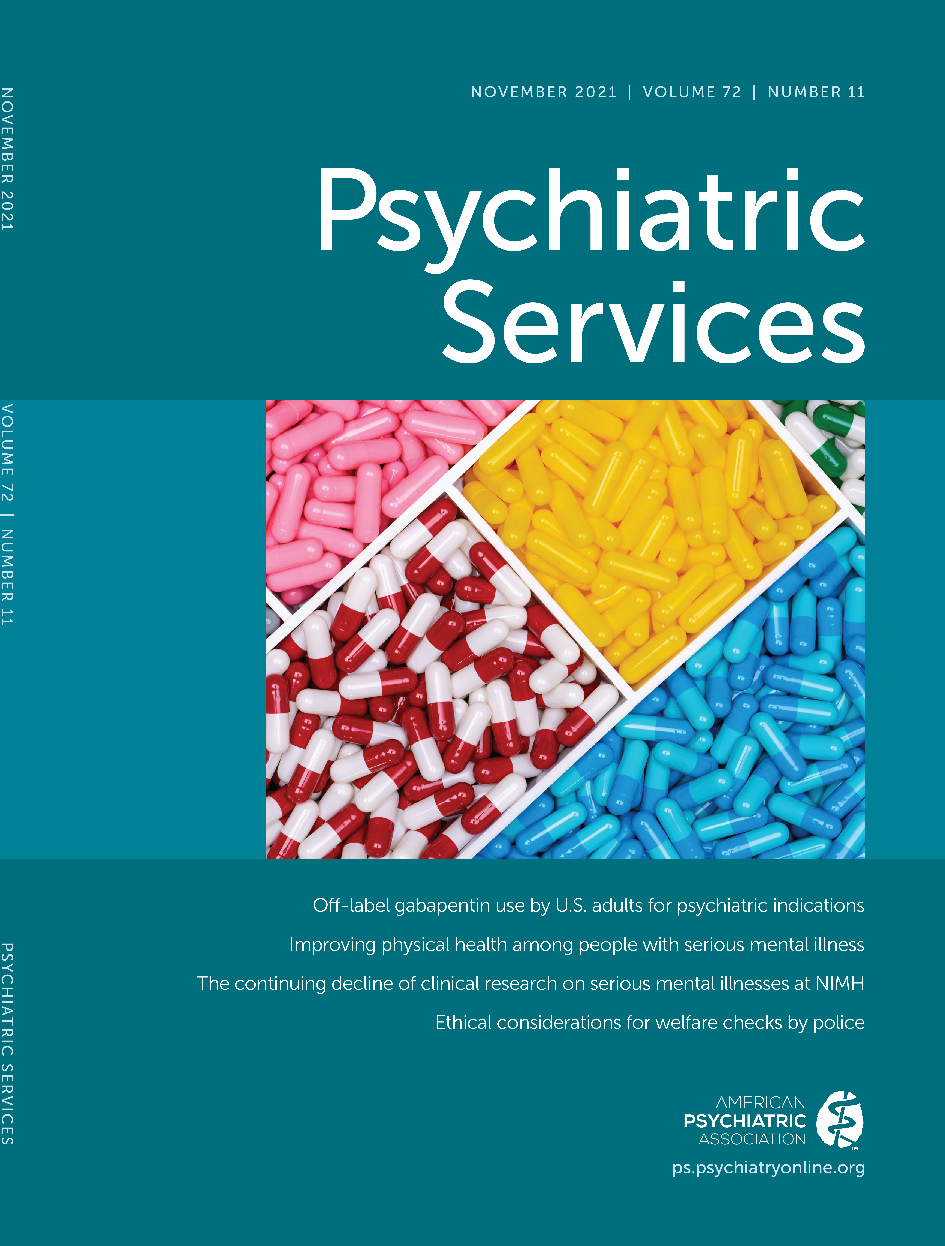Nine-Month Longitudinal Impact of Peer Support Workers’ Recovery Attributes on Service Users’ Recovery in Hong Kong
Abstract
Objective:
In this study, the authors investigated the longitudinal effect of the recovery attributes of peer support workers (PSWs) on users of mental health services in Hong Kong over a 9-month period.
Methods:
Recovery attributes were measured among PSWs (N=26) employed by four local nongovernmental organizations before their commencement of service. The recovery-related outcomes of regular service users (N=181) were measured every 3 months for 9 months. Multilevel mixed-effects linear regression analyses with restricted maximum likelihood were used to analyze the possible association of PSWs’ qualities on service users’ recovery outcomes. The Holm-Bonferroni method was used to adjust for p values to account for multiple comparisons.
Results:
Results showed that levels of hope and self-esteem among PSWs were statistically significantly associated with improvements in hope and empowerment among service users over time.
Conclusions:
PSWs’ recovery attributes may benefit service users’ personal recovery. Future exploration on the specific pathways of recovery attributes of PSWs on service users’ recovery is suggested.



